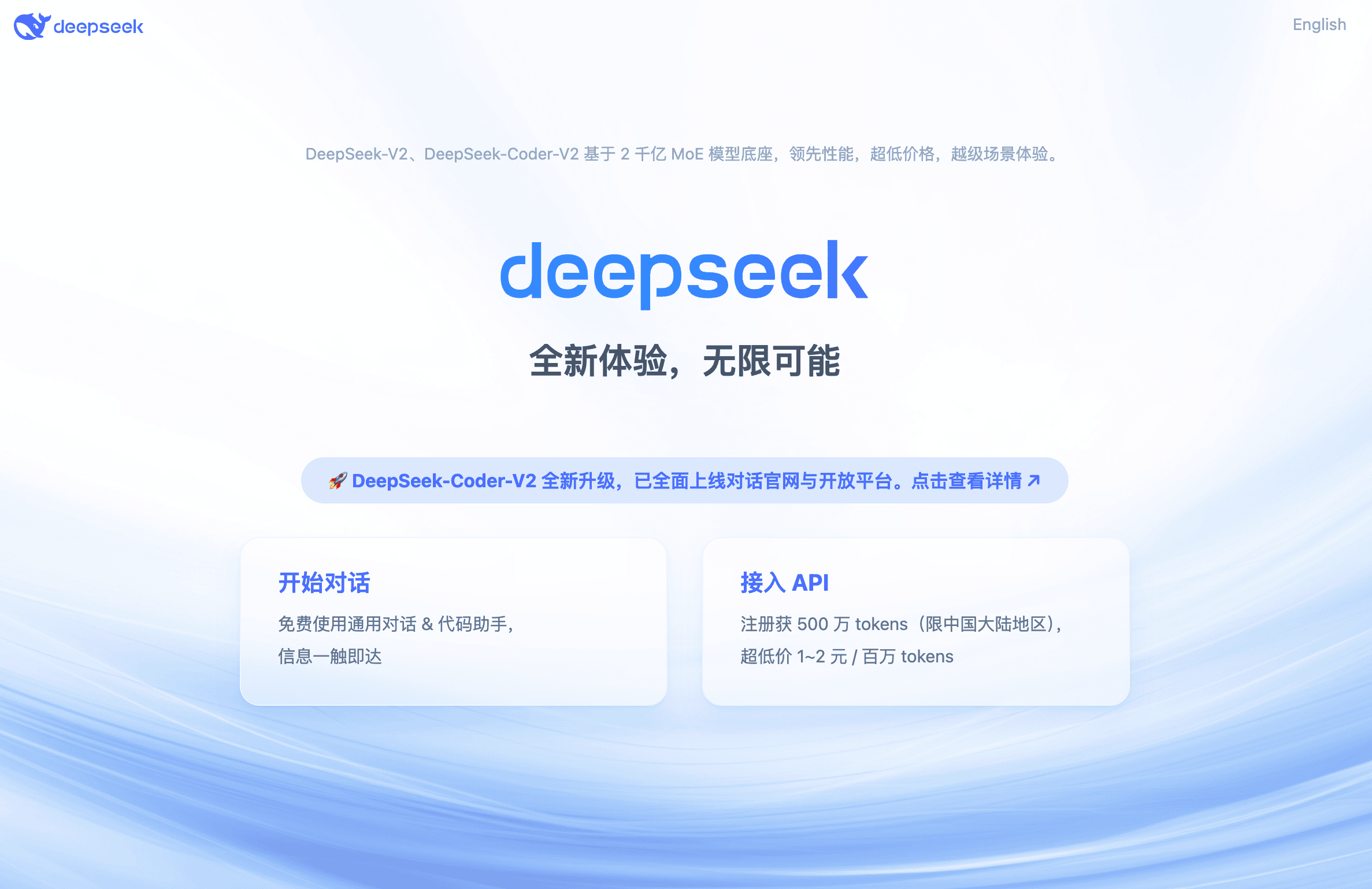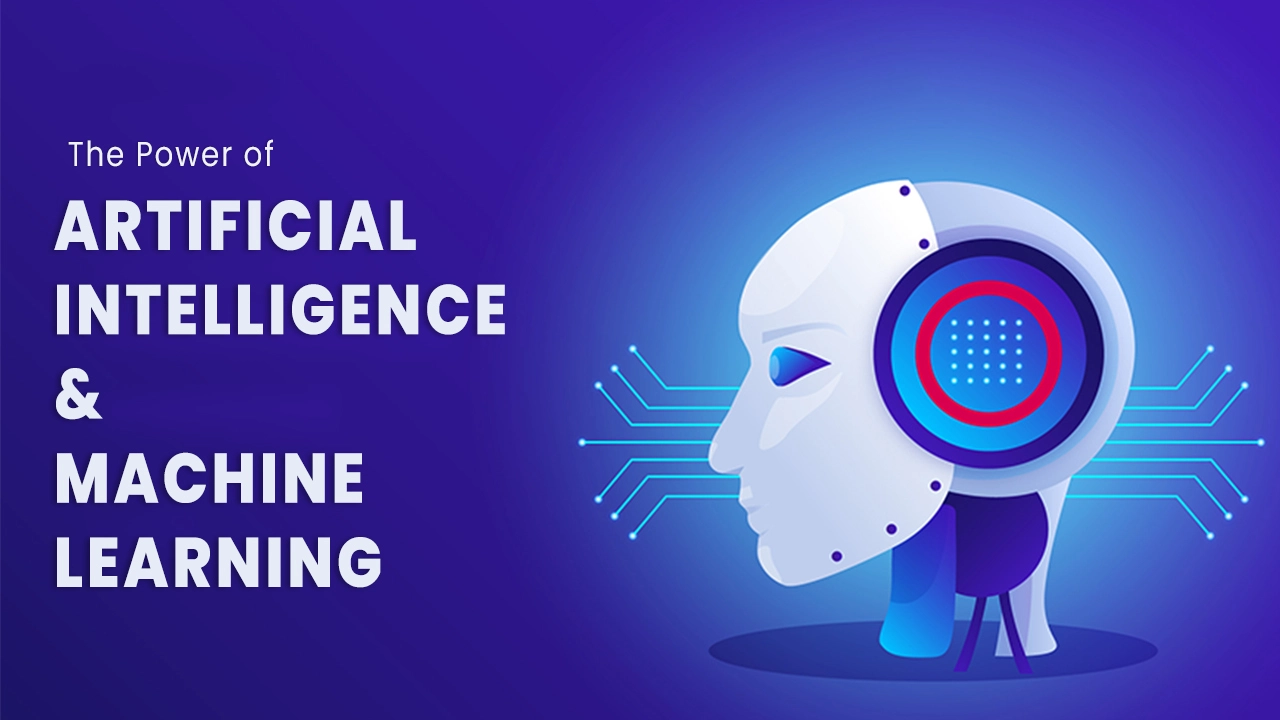
Richard Whittle gets funding from the ESRC, Research England and was the recipient of a CAPE Fellowship.
Stuart Mills does not work for, consult, own shares in or receive funding from any business or organisation that would benefit from this article, and has disclosed no pertinent associations beyond their academic visit.

Partners
University of Salford and University of Leeds offer funding as founding partners of The Conversation UK.

View all partners
Before January 27 2025, it's fair to say that Chinese tech company DeepSeek was flying under the radar. And then it came dramatically into view.
Suddenly, everybody was speaking about it - not least the investors and executives at US tech firms like Nvidia, Microsoft and Google, which all saw their business values topple thanks to the success of this AI startup research study lab.
Founded by an effective Chinese hedge fund manager, the lab has taken a different approach to artificial intelligence. Among the major differences is expense.

The development costs for Open AI's ChatGPT-4 were stated to be in excess of US$ 100 million (₤ 81 million). DeepSeek's R1 model - which is used to generate material, fix reasoning issues and develop computer code - was reportedly made utilizing much fewer, less powerful computer system chips than the likes of GPT-4, leading to expenses claimed (but unproven) to be as low as US$ 6 million.
This has both financial and geopolitical results. China is subject to US sanctions on importing the most sophisticated computer system chips. But the truth that a Chinese startup has actually been able to build such an advanced model raises concerns about the effectiveness of these sanctions, and whether Chinese innovators can work around them.

The timing of DeepSeek's brand-new release on January 20, as Donald Trump was being sworn in as president, signified an obstacle to US supremacy in AI. Trump responded by describing the minute as a "wake-up call".
From a financial perspective, the most visible result may be on customers. Unlike rivals such as OpenAI, which just recently started charging US$ 200 per month for access to their premium models, DeepSeek's similar tools are presently free. They are also "open source", enabling anyone to poke around in the code and reconfigure things as they want.
Low costs of advancement and effective usage of hardware seem to have actually afforded DeepSeek this cost advantage, and have actually currently forced some Chinese rivals to lower their rates. Consumers need to anticipate lower expenses from other AI services too.
Artificial investment
Longer term - which, in the AI market, can still be remarkably quickly - the success of DeepSeek might have a huge influence on AI investment.
This is due to the fact that up until now, nearly all of the big AI companies - OpenAI, Meta, Google - have actually been having a hard time to commercialise their designs and pay.
Until now, this was not always a problem. Companies like Twitter and pkd.ac.th Uber went years without making profits, prioritising a commanding market share (lots of users) instead.
And companies like OpenAI have actually been doing the same. In exchange for continuous financial investment from hedge funds and other organisations, they assure to develop a lot more effective designs.
These designs, the organization pitch probably goes, will enormously boost performance and then profitability for bytes-the-dust.com organizations, which will wind up pleased to pay for AI items. In the mean time, all the tech business require to do is collect more information, cadizpedia.wikanda.es buy more powerful chips (and more of them), historydb.date and establish their models for longer.
But this costs a lot of money.
Nvidia's Blackwell chip - the world's most effective AI chip to date - costs around US$ 40,000 per unit, and AI business typically need tens of countless them. But already, AI business haven't truly struggled to bring in the needed financial investment, even if the amounts are big.
DeepSeek may alter all this.
By demonstrating that innovations with existing (and perhaps less advanced) hardware can accomplish similar performance, it has provided a caution that throwing cash at AI is not ensured to settle.
For example, prior oke.zone to January 20, it may have been assumed that the most advanced AI models require enormous information centres and other infrastructure. This implied the similarity Google, Microsoft and OpenAI would face restricted competitors due to the fact that of the high barriers (the vast expenditure) to enter this industry.

Money worries
But if those barriers to entry are much lower than everybody believes - as DeepSeek's success suggests - then numerous enormous AI financial investments unexpectedly look a lot riskier. Hence the abrupt impact on big tech share costs.
Shares in chipmaker Nvidia fell by around 17% and ASML, which creates the devices needed to make innovative chips, also saw its share cost fall. (While there has been a minor bounceback in Nvidia's stock cost, it appears to have settled listed below its previous highs, showing a new market reality.)
Nvidia and ASML are "pick-and-shovel" business that make the tools necessary to develop an item, instead of the item itself. (The term comes from the idea that in a goldrush, the only individual ensured to generate income is the one offering the picks and shovels.)
The "shovels" they offer are chips and chip-making devices. The fall in their share prices originated from the sense that if DeepSeek's more affordable technique works, the billions of dollars of future sales that investors have priced into these business might not materialise.
For the likes of Microsoft, Google and Meta (OpenAI is not openly traded), the cost of structure advanced AI might now have actually fallen, meaning these firms will need to invest less to stay competitive. That, for them, might be a great thing.
But there is now question as to whether these business can effectively monetise their AI programs.
US stocks make up a traditionally big percentage of global investment right now, and technology business comprise a historically big percentage of the worth of the US stock exchange. Losses in this market might require financiers to sell other investments to cover their losses in tech, leading to a whole-market recession.
And it should not have come as a surprise. In 2023, a leaked Google memo warned that the AI industry was exposed to outsider disturbance. The memo argued that AI business "had no moat" - no protection - versus competing designs. DeepSeek's success may be the proof that this holds true.







